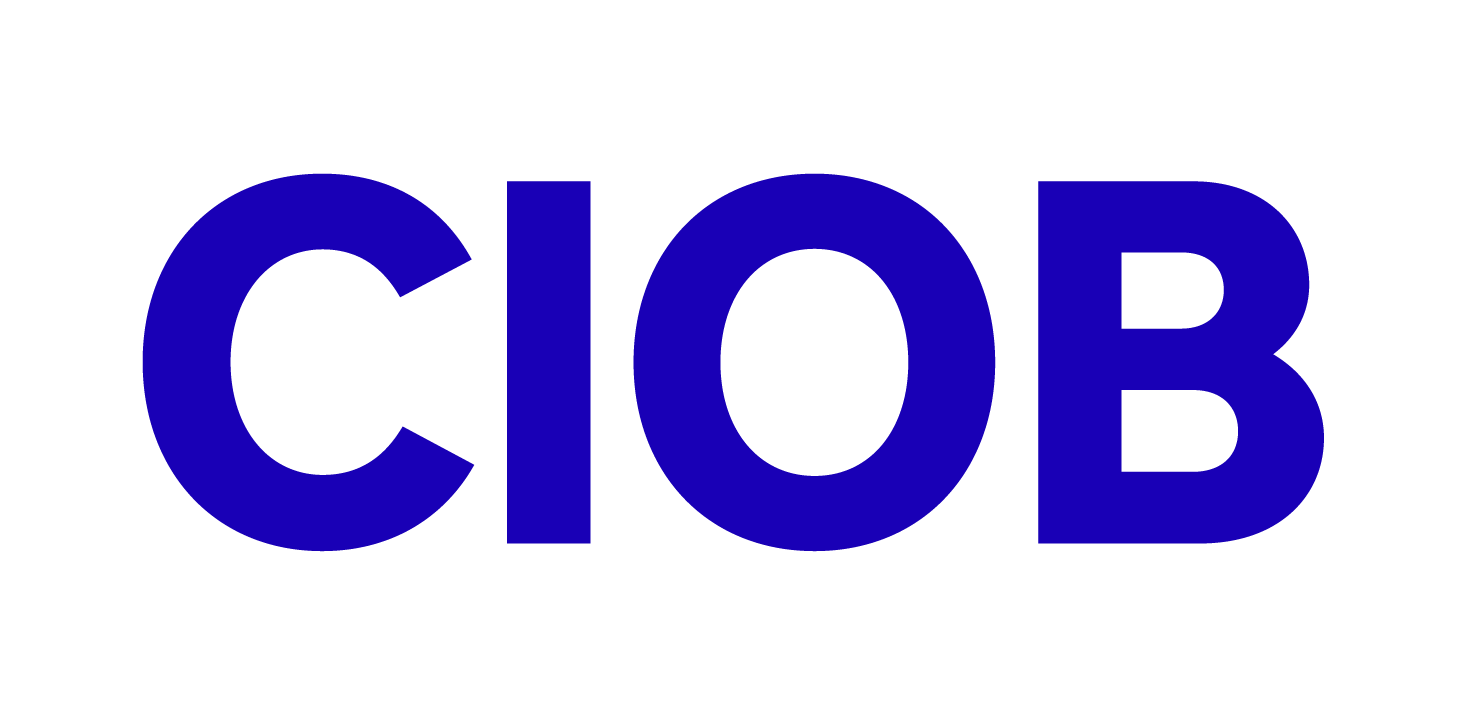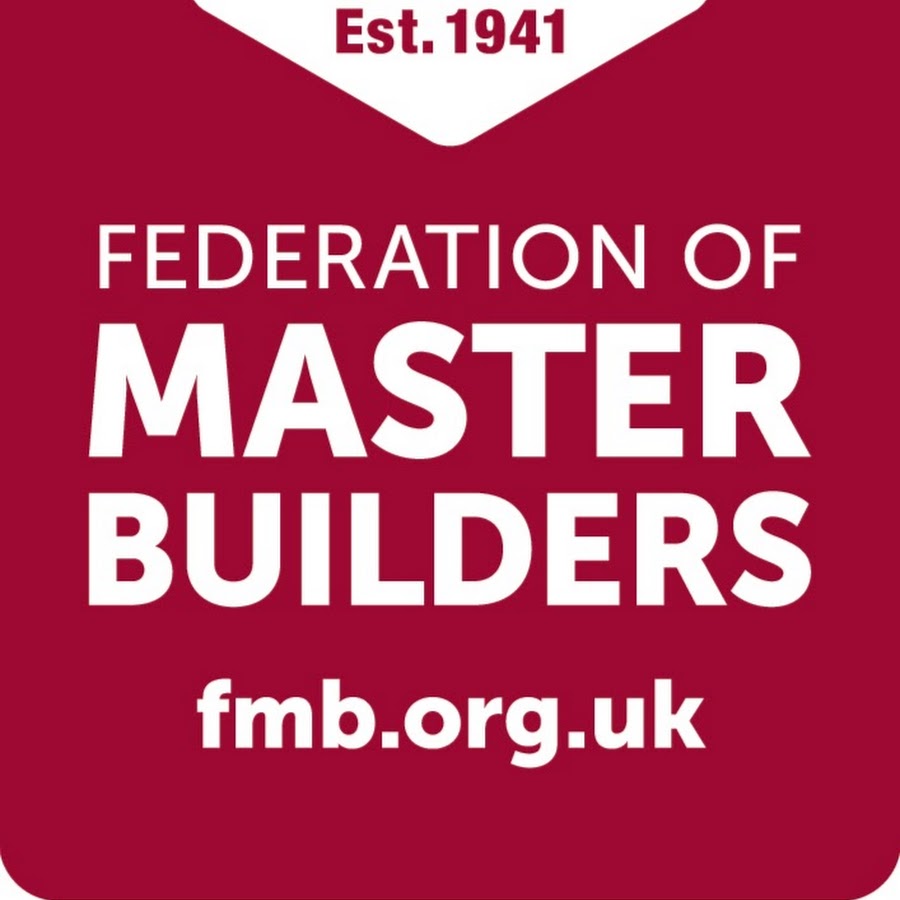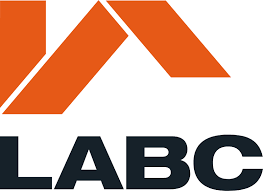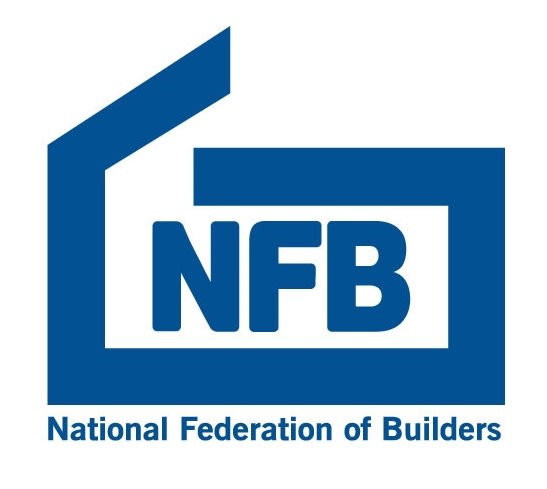2022: Let’s all join in a race to the TOP – not to the BOTTOM

This is the time of the year we reflect on times past and the year ahead. And let’s face it, 2021 was such a mixed bag that Martyn Jones was reminded of the first lines of Charles Dickens’ A Tale of Two Cities: “It was the best of times, it was the worst of times, it was the age of wisdom, it was the age of foolishness.”
Dickens suggested an age of radical opposites taking place at the same time, which just about sums up construction in the last year or two. Let’s start with some positives. The winners of the 2021 CESW Awards yet again demonstrated what the very best of construction can achieve. The submissions demonstrated how clients and their advisers and supply chains worked collaboratively, creatively and with agility to deliver excellent outcomes despite the pandemic, labour and material shortages, and supply chain disruption.
On the other hand, the revelations from the Grenfell inquiry have vividly and excruciatingly confirmed the other much less attractive side of our industry and its underlying weaknesses. We already knew that some clients and their advisors, designers, main and specialist contractors, and the suppliers of materials and components have all conspired in a race to the bottom. Successive governments haven’t helped either with their light-touch approach to regulation. And then there are the parts played by ineffective control of quality and weak component testing regimes.
How come we’ve ended up with such contrasting cultures, approaches and behaviours in the same industry? How come we have a two-tier system with some sections of the industry fully buying into the Rethinking Construction/Constructing Excellence agendas and others that clearly are not? Why haven’t we all recognised the need for the leadership across the whole operating system to deliver outcomes focused on best value rather than lowest price?
The main reason is that many clients, their advisers, and suppliers often fall for the lure of the short-term when we all know that most construction projects are expected to go on providing value for many years over their lifetime. But, for some, the short-term view has had much appeal: what is the cheapest cost for delivering my project NOW? Will I even be around to see the longer-term benefits or weaknesses of the project? And, even if I may be, will I be held to account for disappointing longer-term performance? Will anyone consider how better the project could have been if we had spent more time considering the safety and functionality of the completed project? (The Grenfell inquiry is answering all the above questions and reminding us that chickens do eventually come home to roost.)
Downstream in the process this approach often persists too. Subcontracts are often let in a similar fashion on the basis of lowest price for THIS project, not potential future projects where a specialist may be able to work with a main contractor to not only provide value for the client in terms of improved project outcomes but also to enhance the main contractor’s reputation, add mutual competitive advantage and secure future work.
So, what should be our collective resolve for 2022? Surely, given the evidence from the Grenfell inquiry coupled with the increasingly clear features of the emerging 4th industrial revolution (4IR), now is the time to commit to a recalibration of our values, culture, operating system, procurement approaches and business models. This is a hugely ambitious agenda but the disruption that we have experienced over the past two years could be seen as preparing us for the radial and systemic changes that are needed.
We could start by unlearning our old habits and behaviours that have been so painfully laid bare by the Grenfell inquiry. We need to learn new things about ourselves, our relationships with each other and how we go about responding to the emerging technological-economic-social paradigm. We need to better understand the needs of external and internal customers and our planet throughout the whole life cycle of our products. We need to build better, more value-focused interorganisational relationships, promote more transparent and integrated processes, and reward good behaviour.
In short, we need to fashion a new compact between clients and their suppliers of construction products and services in a race to the top – not to the bottom. In this race to the top, we need to be a force for good embracing environmental imperatives and adding social value. We need to blur the boundaries between the physical, digital, and biological worlds. We need to embrace the advances in technologies such as artificial intelligence (AI), robotics, the Internet of Things (IoT), 3D printing, genetic engineering, and quantum computing whist shaping them to the specificities of the built environment – never forgetting that the built environment is designed, built and operated by people for people and that these technologies need to be humanised so that they address our needs.
Given this radical yet humanised agenda for change It looks like being yet another busy year for CESW, particularly for our new Theme Groups providing the thought leadership needed in SMART Construction, the Climate Crisis, Building Safety and Future Skills.
















